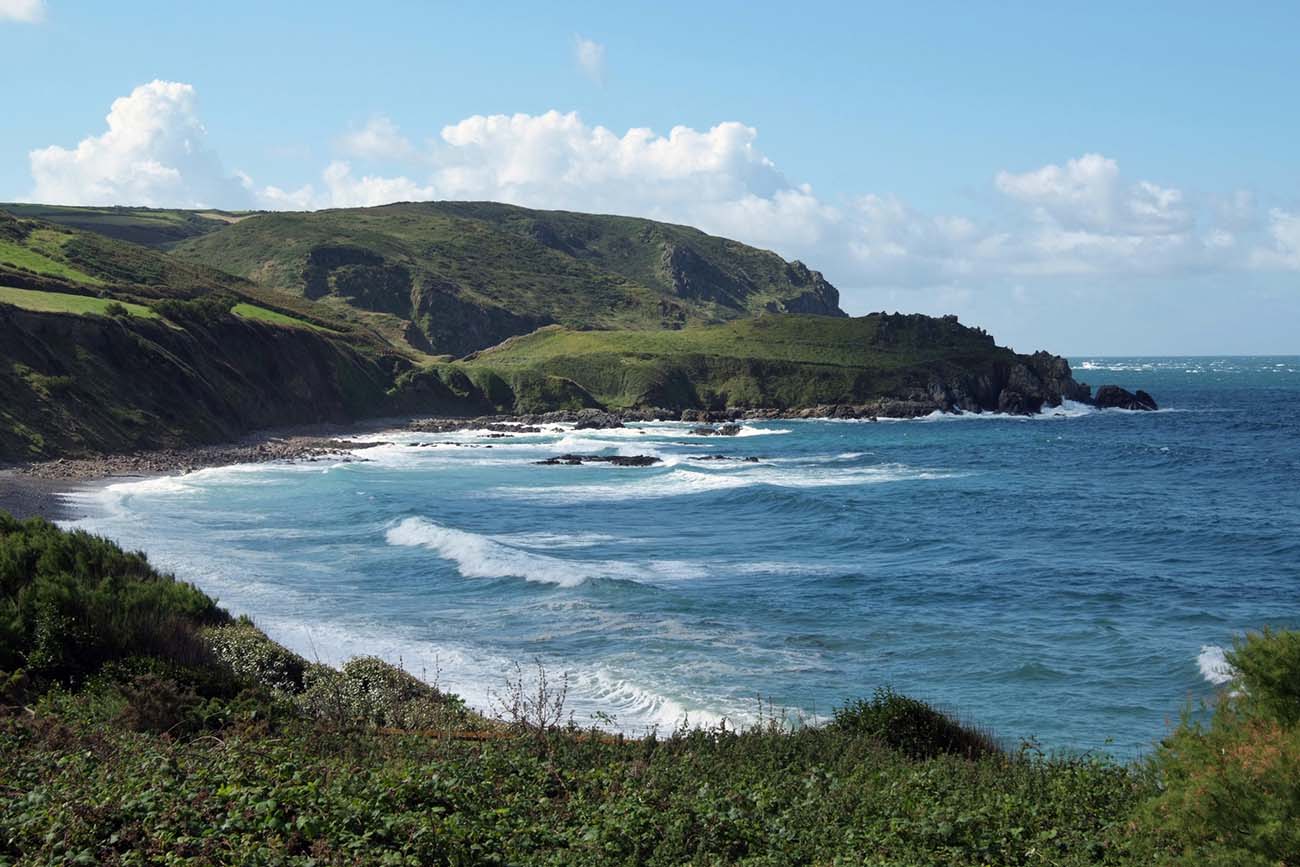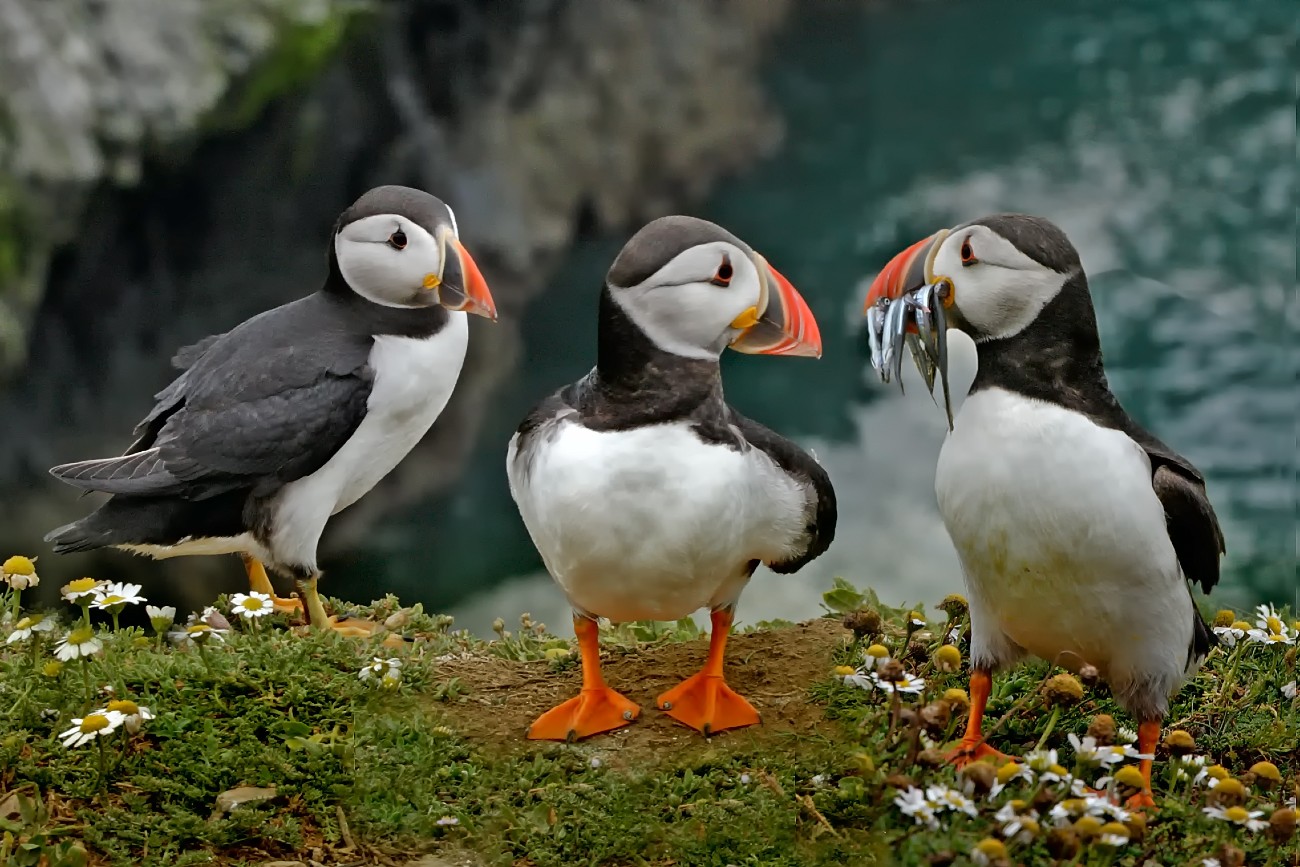
When you imagine the Channel Islands, you might picture a charming British haven nestled in the sea. However, the islands’ status is more intriguing than it may initially appear. So, let’s embark on an enlightening journey through the fascinating past and present of these captivating islands!
A Glimpse into the Channel Islands’ History
Nestled off the coast of France, the Channel Islands are what remains of the ancient Duchy of Normandy. The archipelago includes Jersey, Guernsey, and several smaller islands under Guernsey’s jurisdiction, such as Alderney, Sark, and Herm.
The Channel Islands’ connection to the British Crown traces back to 1066 when William the Conqueror defeated the Anglo-Saxons at the Battle of Hastings. From 1066 to 1204, the islands experienced a period of tranquillity, adopting Norman culture and customs. However, when King John lost the Duchy in 1204, the Channel Islands chose to remain loyal to the English Crown, preserving their distinct rights and privileges.
A Turbulent Past and a Singular Present
Throughout history, the islands have attracted the attention of French monarchs, who have made multiple attempts to seize them over the centuries. The most recent occupation transpired during World War II when Germany took control of the islands from 1940 to 1945.
Despite their tumultuous history, the Channel Islands secured self-governance, subject only to the Royal assent via the Privy Council. This exceptional arrangement has persisted, with the islands currently divided into two British Crown Dependencies: the Bailiwicks of Guernsey and Jersey.
It’s crucial to understand that the Channel Islands are neither part of the United Kingdom nor the European Union. Instead, they are British Crown possessions with self-governing administrations, and their residents are British citizens. The islands possess the right to establish direct relations with foreign governments and maintain their own controls over housing and employment.
Today’s Channel Islands: A Closer Look
The Channel Islands have developed into vibrant, autonomous communities. The charming bailiwicks are governed by elected parliaments, commonly referred to as States. Meanwhile, the smaller islands, such as Alderney and Sark, have their own unique assemblies.
The islands’ economy primarily relies on financial services, tourism, electronic commerce, and agriculture. The relatively lenient tax burden has stimulated a flourishing offshore finance sector. However, the Channel Islands are currently facing pressure from the European Union and the Organization for Economic Cooperation and Development to modify their taxation systems in order to comply with regulations.
Following the 2016 EU referendum, the EU and UK agreed on a Trade & Cooperation Agreement (TCA) in December 2020. The Channel Islands consented to their inclusion in the agreement. However, for most purposes, including tax, financial services, and data protection, they remain third countries within the EU.
So, Are the Channel Islands British? The Final Verdict
To answer the burning question: are the Channel Islands British? In some respects, yes. Their residents are British citizens, and the islands are possessions of the British Crown. However, they maintain a unique degree of autonomy, with independent administrations and the capacity to self-govern.
This renders the Channel Islands a mesmerizing fusion of British and Norman heritage—a must-see destination for any traveller yearning for a distinctive and unforgettable experience!
Are you planning your first trip to the Channel Islands? The following article might be worth reading: Do you need a tourist visa for the Channel Islands?





